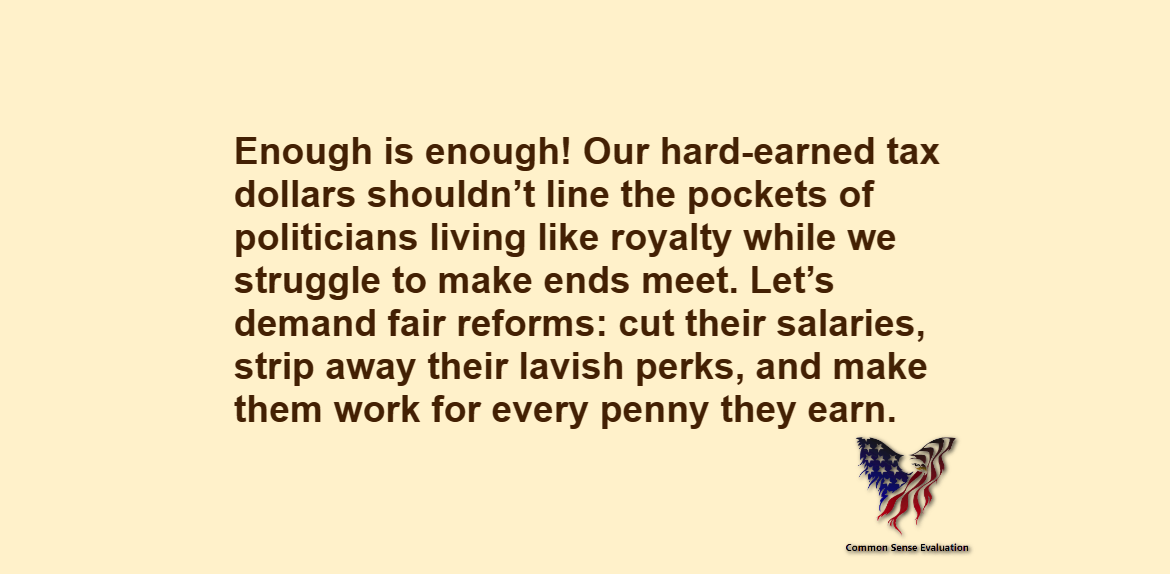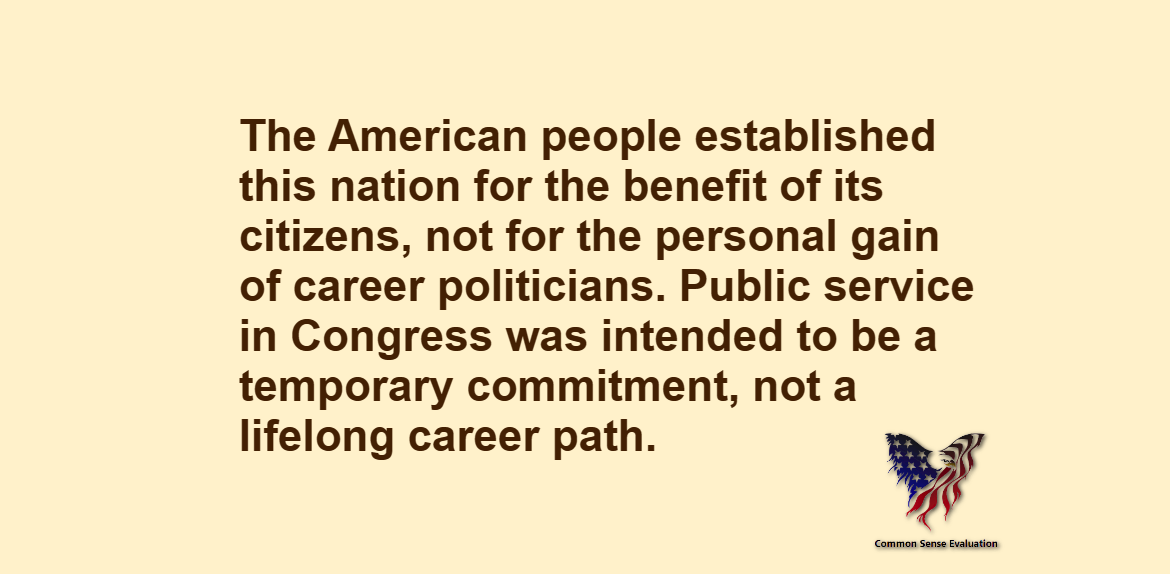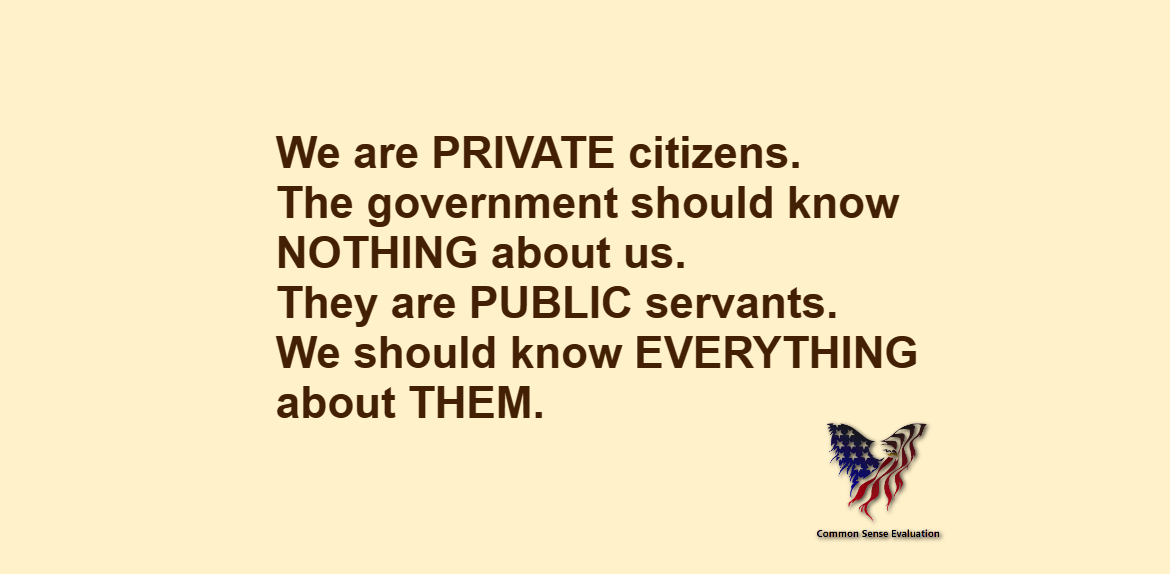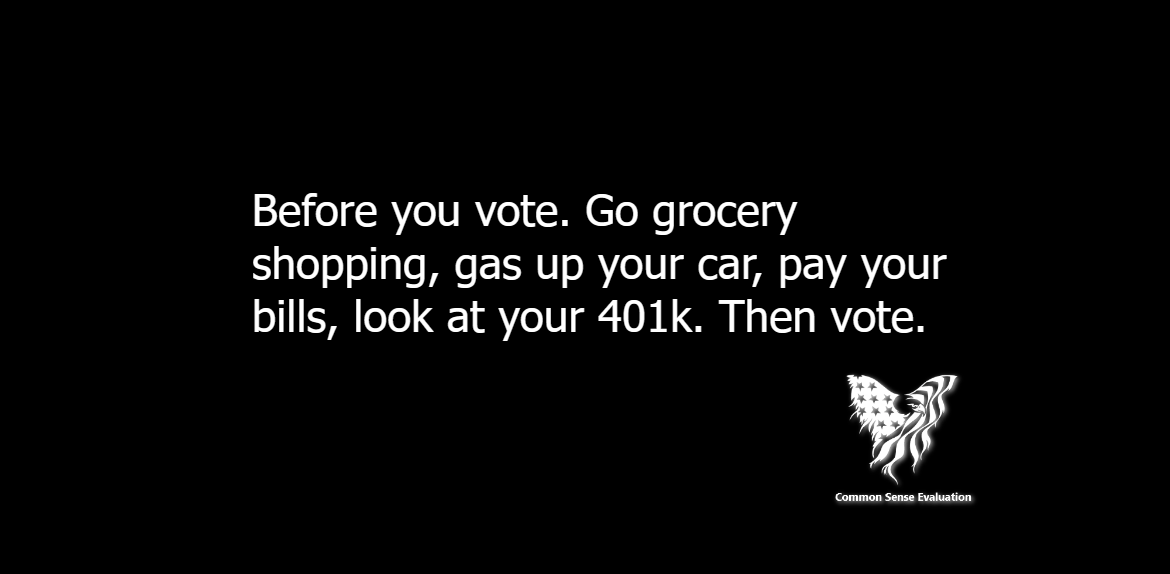Enough is enough! Our hard-earned tax dollars shouldn’t line the pockets of politicians living like royalty while we struggle to make ends meet. Let’s demand fair reforms: cut their salaries, strip away their lavish perks, and make them work for every penny they earn.
Public Service in Congress
Private Citizens and Public Servants
Before You Vote
In a world of increasing political polarization and public frustration with the seemingly entrenched nature of American politics, it’s time to cut through the noise and make a change that puts the power back where it belongs: in the hands of the people. Imagine a Congress where our elected officials don’t make a career out of politics, but instead, they bring fresh ideas, energy, and dedication to the table. Picture a system where those who serve do so out of a genuine commitment to public service, rather than the allure of a hefty salary. In this guide, we’ll explore the Congressional Term Limits and Compensation Reform Act, a groundbreaking proposal designed to reshape the landscape of American governance.
This isn’t just about term limits; it’s about resetting the balance of power and reviving the spirit of public service. Whether you’re a staunch advocate for change or someone looking for a way to break free from the status quo, this bill could hold the keys to reshaping the future of American politics. So, let’s dive in, explore the details, and see how the Congressional Term Limits and Compensation Reform Act could be the catalyst for a more dynamic, responsive, and accountable government.
Congressional Term Limits and Compensation Reform Act of 2023
Sponsored by Gags (Common Sense Evaluation)
SECTION 1: TERM LIMITS
(a) In order to promote fresh ideas, diversity of representation, and reduce the potential for career politicians. No person shall serve as a Member of the United States House of Representatives or the United States Senate for more than two terms.
(b) For the purposes of this section, a term shall be defined as serving a full term in the United States House of Representatives or the United States Senate. If a person has previously served as a Member of Congress, their prior terms of service shall be counted toward the two-term limit, regardless of the period in which they were served.
(c) No person shall be eligible for re-election as a Member of Congress if they have already served two terms. This limitation applies retroactively to all current Members of Congress.
SECTION 2: COMPENSATION REFORM
(a) Effective immediately upon the passage of this Act, Members of the United States House of Representatives and the United States Senate shall receive no salary or compensation for their service.
(b) Any benefits, allowances, or reimbursements related to their official duties and expenses incurred during their service shall be provided only for expenses incurred within the United States.
(c) Any overseas travel or related expenses incurred during official duties shall be the sole responsibility of the Member of Congress, and no public funds shall be used to cover such expenses.
SECTION 3: IMPLEMENTATION
(a) The provisions of this Act shall take effect starting with the next election cycle for Members of Congress.
(b) All terms served prior to the enactment of this Act shall not count towards the term limit imposed by Section 1.
(c) The Secretary of State and the Chief Administrative Officer of the United States House of Representatives, in consultation with the Senate Sergeant at Arms, shall be responsible for implementing and overseeing the compensation and reimbursement policies as described in Section 2.
SECTION 4: ENFORCEMENT
(a) Violations of the term limits set forth in this Act shall be subject to penalties, including disqualification from running for re-election, as determined by the relevant federal election authorities.
(b) Violations of the compensation and reimbursement policies set forth in this Act shall be subject to investigation and possible legal action, including reimbursement of funds improperly received.
SECTION 5: DEFINITIONS
(a) “Member of Congress” refers to individuals serving in the United States House of Representatives or the United States Senate.
(b) “Terms” refer to full terms of service in either the United States House of Representatives or the United States Senate.
SECTION 6: SEVERABILITY
(a) If any provision of this Act, or the application of such provision to any person or circumstances, is held invalid, the remainder of the Act, or the application of the provisions to other persons or circumstances, shall not be affected.
SECTION 7: EFFECTIVE DATE
This Act shall take effect immediately upon its passage into law.




